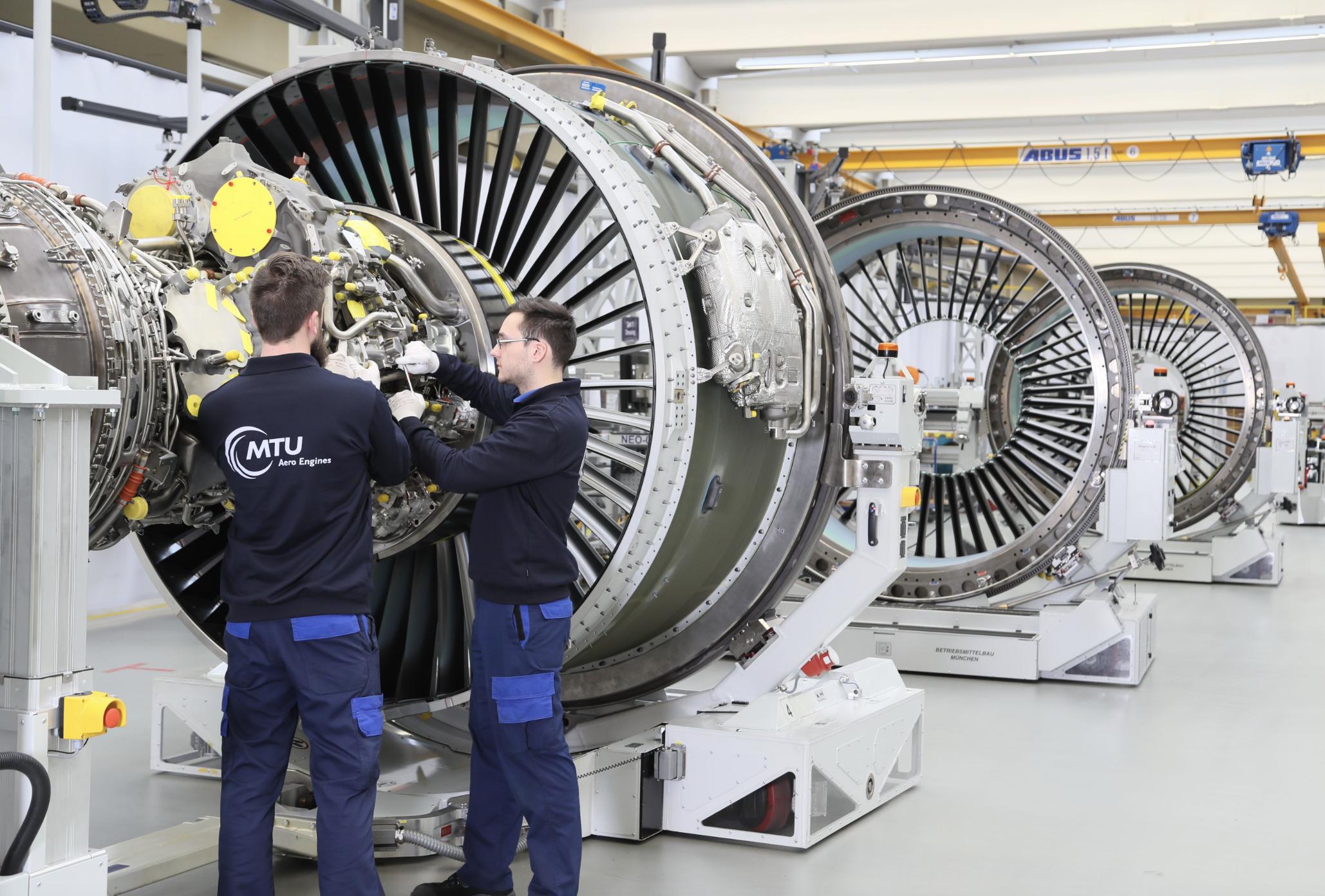
Smarter email, faster business.
Trending
Airbus and MTU Aero Engines Form Partnership to Advance Hydrogen Fuel Cell Technology for Aviation

Airbus and MTU Aero Engines Form Partnership to Advance Hydrogen Fuel Cell Technology for Aviation
Airbus and MTU Aero Engines have entered into a strategic partnership to accelerate the development of hydrogen fuel cell propulsion, a critical innovation for the future of sustainable aviation. The agreement, formalized through a Memorandum of Understanding (MoU) at the 55th Paris Airshow, unites two leading aerospace companies in addressing the urgent challenge of reducing carbon emissions in air travel.
The collaboration combines Airbus’s expertise in aircraft design, exemplified by its ambitious ZEROe program aimed at creating the world’s first zero-emission commercial aircraft, with MTU Aero Engines’ extensive experience in engine technology and its pioneering Flying Fuel Cell concept. Together, the partners seek to develop a reliable and efficient hydrogen fuel cell engine tailored for commercial aviation, marking a significant milestone toward emission-free flight.
A Structured Roadmap to Hydrogen Propulsion
The MoU sets out a three-phase approach to advance hydrogen propulsion technology. The initial phase centers on joint research and development to mature the core components of hydrogen-powered engines. This includes advancing fuel cell technology, hydrogen storage systems, and fuel management solutions, with collaborative efforts such as the European Clean Aviation initiative playing a pivotal role. These foundational activities aim to ensure that hydrogen propulsion can be integrated into commercial aircraft without compromising safety or performance.
Following this, Airbus and MTU will align their research and development roadmaps to synchronize their technological strategies. This coordination is intended to streamline progress and facilitate the transition from experimental technology to market-ready hydrogen propulsion systems.
The final phase focuses on the implementation and commercialization of the developed hydrogen fuel cell engine, enabling airlines to adopt zero-emission technologies and move toward sustainable operations.
Industry Challenges and Market Dynamics
Despite the promising outlook for hydrogen propulsion, the path to widespread adoption faces significant challenges. High development costs and complex technical hurdles may delay commercial deployment. Market responses have been varied; while some investors express optimism about the long-term environmental and economic advantages of zero-emission flight, others remain cautious regarding the immediate financial feasibility.
The competitive landscape is also shifting. Some aerospace companies may intensify their own hydrogen initiatives in response to this partnership, whereas others, such as GKN Aerospace, have recently scaled back projects amid delays in Airbus’s ZEROe program. Meanwhile, MTU Aero Engines continues to advance its fuel cell projects independently, underscoring the competitive drive to lead in this emerging sector.
By joining forces, Airbus and MTU Aero Engines are positioning themselves at the forefront of the transition to sustainable aviation. Their collaboration reflects a broader industry commitment to overcoming the technical and economic challenges of hydrogen propulsion and advancing toward net-zero emissions in the coming decades.